 There are young men, with the enthusiasm of their twenties, who voluntarily leave the bustling city to come to Truong Sa - the place at the forefront of the storm. There are engineering soldiers, who have spent their entire youth attached to the burning sand, contributing to "raising the threshold of the Fatherland". Editorial: Truong Sa, which General Vo Nguyen Giap once compared to "distant lands, wavering on the waves of the East Sea", is forever a sacred part of the Fatherland. In the place at the forefront of the storm, in the middle of the vast ocean, every Vietnamese child carries within him a noble mission: To preserve every inch of land, every wave of the homeland. There are young men in their twenties, still young, who leave the bustling city to go to Da Dong A island, dedicating their youth to the sea and islands of their homeland. There are dedicated commanders, who day and night cherish the aspiration to turn Truong Sa into a green oasis in the middle of the vast ocean. There are talented military doctors, devoted to taking care of the health of soldiers and civilians on the island. And there are also brave captains, steadfast in protecting the sovereignty of the sea and islands, ready to sacrifice themselves to save fishermen in times of trouble. It is they, those ordinary but extraordinary people, who have contributed to lighting the fire of love, warming the distant lands, connecting Truong Sa with the motherland, so that fishermen can rest assured to stick to the sea, so that the Fatherland will forever be steadfast at the forefront. VietNamNet respectfully introduces the series of articles "Truong Sa steadfast at sea", as a deep gratitude to the ordinary but noble people who have lived and devoted themselves to the Fatherland.
There are young men, with the enthusiasm of their twenties, who voluntarily leave the bustling city to come to Truong Sa - the place at the forefront of the storm. There are engineering soldiers, who have spent their entire youth attached to the burning sand, contributing to "raising the threshold of the Fatherland". Editorial: Truong Sa, which General Vo Nguyen Giap once compared to "distant lands, wavering on the waves of the East Sea", is forever a sacred part of the Fatherland. In the place at the forefront of the storm, in the middle of the vast ocean, every Vietnamese child carries within him a noble mission: To preserve every inch of land, every wave of the homeland. There are young men in their twenties, still young, who leave the bustling city to go to Da Dong A island, dedicating their youth to the sea and islands of their homeland. There are dedicated commanders, who day and night cherish the aspiration to turn Truong Sa into a green oasis in the middle of the vast ocean. There are talented military doctors, devoted to taking care of the health of soldiers and civilians on the island. And there are also brave captains, steadfast in protecting the sovereignty of the sea and islands, ready to sacrifice themselves to save fishermen in times of trouble. It is they, those ordinary but extraordinary people, who have contributed to lighting the fire of love, warming the distant lands, connecting Truong Sa with the motherland, so that fishermen can rest assured to stick to the sea, so that the Fatherland will forever be steadfast at the forefront. VietNamNet respectfully introduces the series of articles "Truong Sa steadfast at sea", as a deep gratitude to the ordinary but noble people who have lived and devoted themselves to the Fatherland.  At the temple of Sinh Ton Island, there is a stone stele engraved with the names of 64 heroes who sacrificed their lives on March 14, 1988 to protect Gac Ma Island. Among those martyrs, many were officers and soldiers of the engineering force who were tasked with building the island. With only hoes, shovels, and crowbars in their hands, they steadfastly held out against the artillery fire of the invaders.
At the temple of Sinh Ton Island, there is a stone stele engraved with the names of 64 heroes who sacrificed their lives on March 14, 1988 to protect Gac Ma Island. Among those martyrs, many were officers and soldiers of the engineering force who were tasked with building the island. With only hoes, shovels, and crowbars in their hands, they steadfastly held out against the artillery fire of the invaders. The constructions on the islands of Truong Sa archipelago today mark the will, strength, sweat, and even blood of many generations of engineer soldiers moving bags of cement, bricks, stones... to build the constructions. Standing still for a long time, squinting his eyes to watch the dock on Song Tu Tay island, the whole time of his youth wearing the uniform of the engineer soldiers appeared in Lieutenant Colonel Luu Ngoc Duc (Command of the Navy). In 2008, his unit (Battalion 881, Engineer Regiment 131 - now Engineer Brigade 131) built this construction to help fishermen take shelter from storms and repair damaged boats when going out to sea.
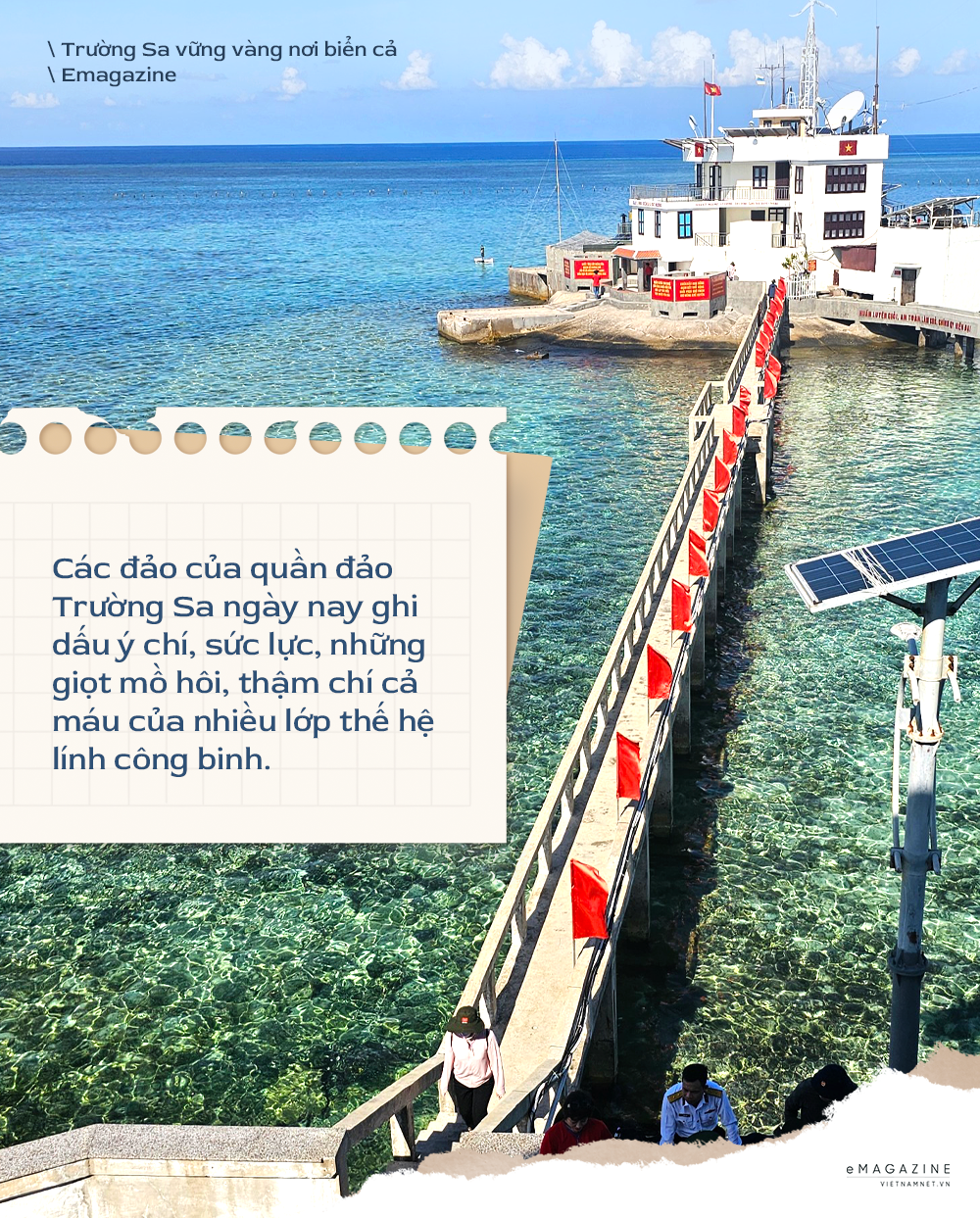
Comparing his life to a ship passionate about the waves, after completing this project, the engineer soldier went to other islands to continue his mission of "raising the Fatherland's threshold". Now transferred to a new working unit, but during the visit to Truong Sa with our group, on each island, he quietly visited the construction site where he and many comrades had "sweat-bleached shirts/skin tanned by the sun" to contribute to the construction. "The ship carrying materials could not get close, so it had to be parked far from the edge of the island. The brothers had to use a boat to transport them out and carry each block of sand and each bag of cement to shore. Machines only provided some support, basically using human strength. During his military career, the time he went to build Truong Sa was the most memorable, arduous but also beautiful and extremely proud", Lieutenant Colonel Luu Ngoc Duc recalled. Lieutenant Colonel Duc was happy to unexpectedly meet his old "engineer soldier" comrade on Da Tay Island - Major Dinh Duc Manh (Brigade 146, Navy Region 4). With a face that has endured the elements, 15 years since graduating from the Engineering Officer School, Major Dinh Duc Manh and his teammates have built countless projects on both submerged and floating islands in Truong Sa. When he was a conscript in the engineering unit, he experienced many hardships, but when he was discharged from the army, he packed his bags from his hometown Nam Dinh to Binh Duong to continue taking the entrance exam for the Engineering Officer School. From there, he officially entered the life of an "engineer soldier", making friends with his teammates in the sun and wind of construction sites in strategic areas, remote areas, border areas, and islands. The engineering force is always present in difficult and arduous places. Naval engineers face many more difficulties because the construction is on remote islands, in bad weather, rough seas, and big waves. From transporting materials, it must be chosen according to the tide, to placing rocky beaches higher than sea level to store gravel and cement to avoid salinity. “Transportation must be done according to the tide. When the tide rises, the whole team wakes up at 4am to have breakfast and then gets on the ship at 4:30am. At 1-2pm, when the tide is out, the soldiers eat and rest. After that, they do the work when the tide is low,” Major Manh shared. There are projects where engineers have to spend many hours a day demolishing old concrete blocks to clear the sea surface and prepare the ground. With bare hands, they hold a hammer on a cylindrical steel bar to break up the concrete blocks. When the cylindrical bar wears out, they cut off a crowbar to replace it. The soldiers have to make the most of their time to work because each pebble and bag of cement has to be transported thousands of nautical miles. The faster the construction time, the less wear and tear on the materials.
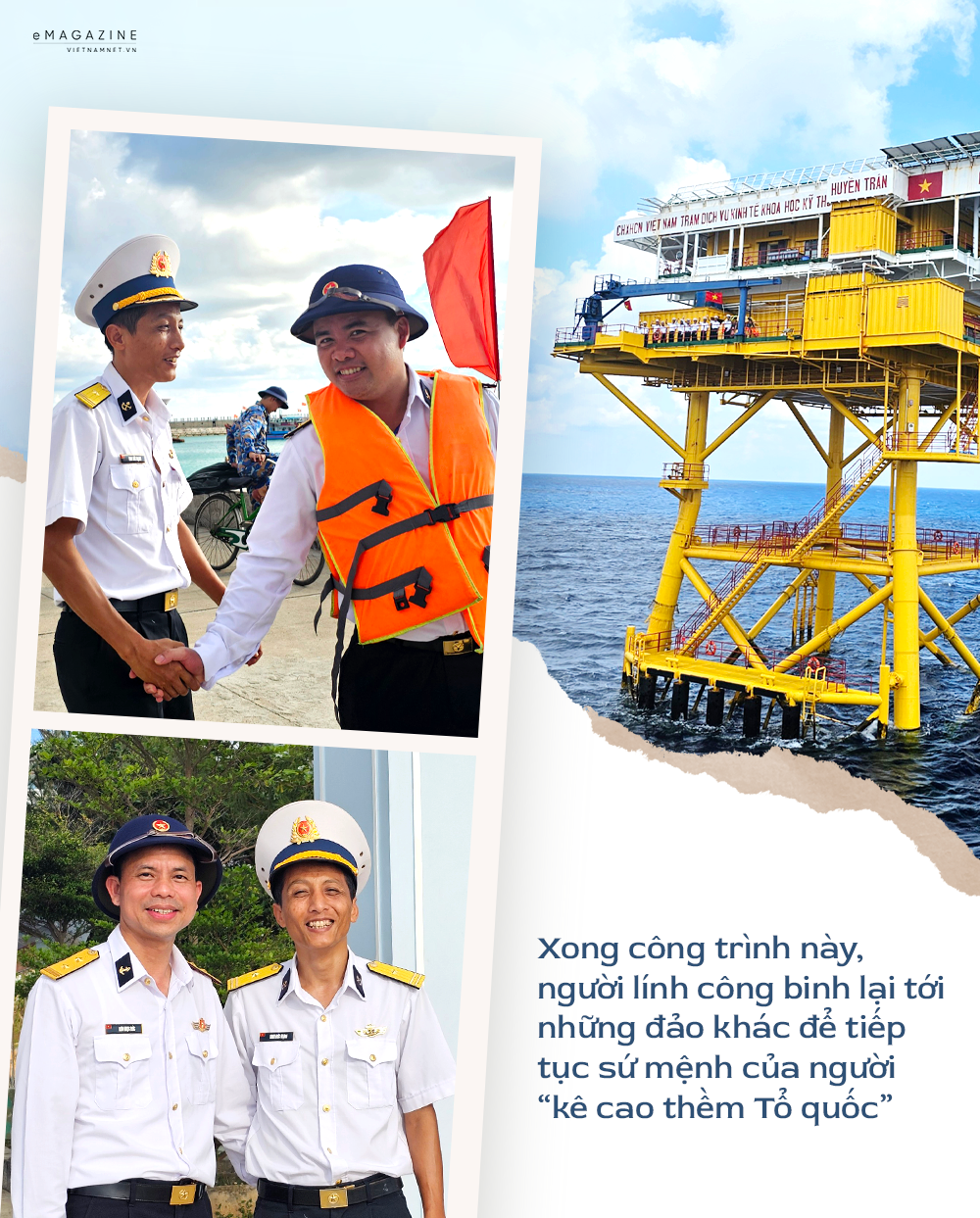
During his time as an engineer, Lieutenant Colonel Duc was far from home. "That time, when I left, my child was still in my arms. Working away from home for a long time, when I finished the project and was allowed to go home for a few days, I hurriedly caught a bus, my heart filled with homesickness, missing my wife and my young children. When I got home, hesitating in front of the door, my son - now able to run around, looked up with his round eyes at me, and chirped, "Uncle soldier". Major Manh also kept his feelings of longing for his wife and children in his heart. When his leave was about to end, he and his two little princesses often played a game of making promises. When their father returned, he would take them out for ice cream, take them to the bookstore, stop by the amusement park... Occasionally missing his children, the engineer with a weather-beaten face would smile to himself, trying to complete his mission so he could return home soon. “There must be someone in the house who has authority. I rarely come home to my children, so I play the role of the “godfather”, and the “villain” is the children’s mother,” Major Manh smiled gently. Despite the hardships and the longing for his wife and children, when asked if he ever regretted choosing to be an engineer, he shook his head: “When you reach the top of the mountain, you will enjoy the fruits of victory. The joy of an engineer is the completed projects. We know that every drop of sweat has meaning. The sense of sovereignty in each soldier never loosens, even for a second or a minute.”

And the 20-year-old soldier, Sergeant Ngo Thai Vu, Deputy Commander of the 12.7mm anti-aircraft machine gun squad, who is performing his duty at Da Dong A island, when he wrote a volunteer letter "ready to sacrifice to protect Truong Sa", he also understood what his heart was longing for. The whole family lives in Thu Duc City, Ho Chi Minh City, so when he learned that his youngest son volunteered to perform his duty on the island, his mother hugged him with worry. "I encouraged my mother that she should let me fulfill my duty as a young man to the country. This is also a challenge for me, when I dare to face difficulties, I will gradually become independent in life", Vu shared.
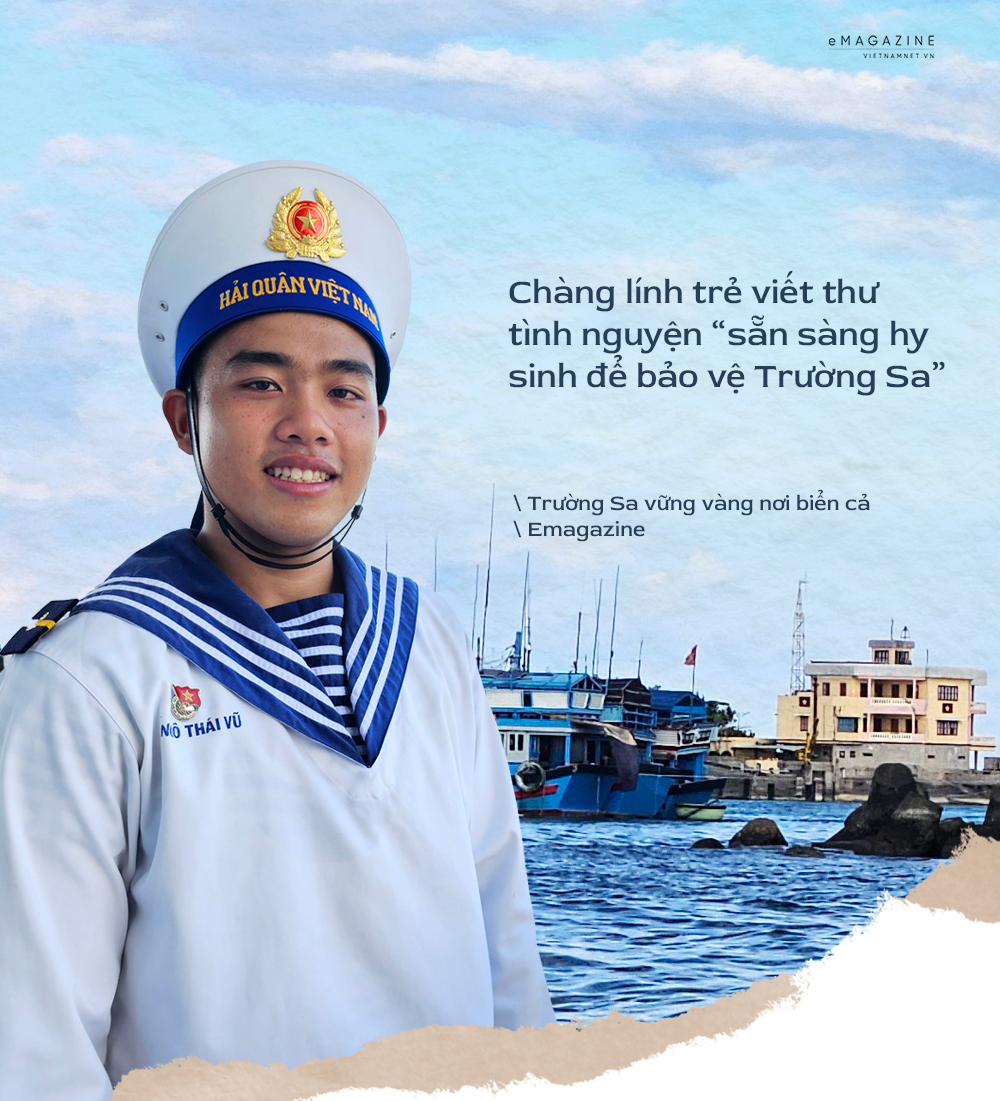
Dong A Rock Island, where soldier Vu worked, was an important point in the island's defense, like an outer shield protecting the eastern flank of the South Central provinces.
On this submerged island, the naval engineering force has built permanent houses for officers and soldiers to live, work and carry out their duties. When the tide rises, the submerged island is a solid concrete block in the middle of the vast ocean. When the tide recedes, rocks and coral reefs appear around the island. To date, soldier Vu has been on duty on the island for more than 3 months. “The sun has set, and the island is surrounded by only darkness. It is a completely different world from where I was born and raised. I miss home, I miss city life, I miss the phone I use every day to surf Facebook, TikTok... Even so, I have gained a lot here. I have torn off the cocoon to become more mature than yesterday. I have felt the love that cannot be bought, that is the love of comrades and teammates. Every day, from 5am, I wake up to exercise and have breakfast. At 7am I go to training. I rest at noon. In the afternoon I continue training, until around 4:30 I take a break and participate in sports, grow vegetables, and cook rice with my brothers. At first, I cooked raw rice, but now I am confident that when I return to the city, I will cook a delicious meal for my mother,” soldier Vu shared. Looking at the 19 and 20-year-old soldiers singing with the Khanh Hoa province art troupe, Captain Nguyen Duy Khanh, on duty at Da Dong Island, said: “They are young and have just left their families, so the training is carried out in stages from easy to difficult. After training, we share our joys and sorrows... We all understand and share our circumstances. Vu’s family is very difficult. His father works as a security guard. His mother used to be a worker but is now retired due to illness. He plans to go to vocational school to help his parents after completing his military service.”
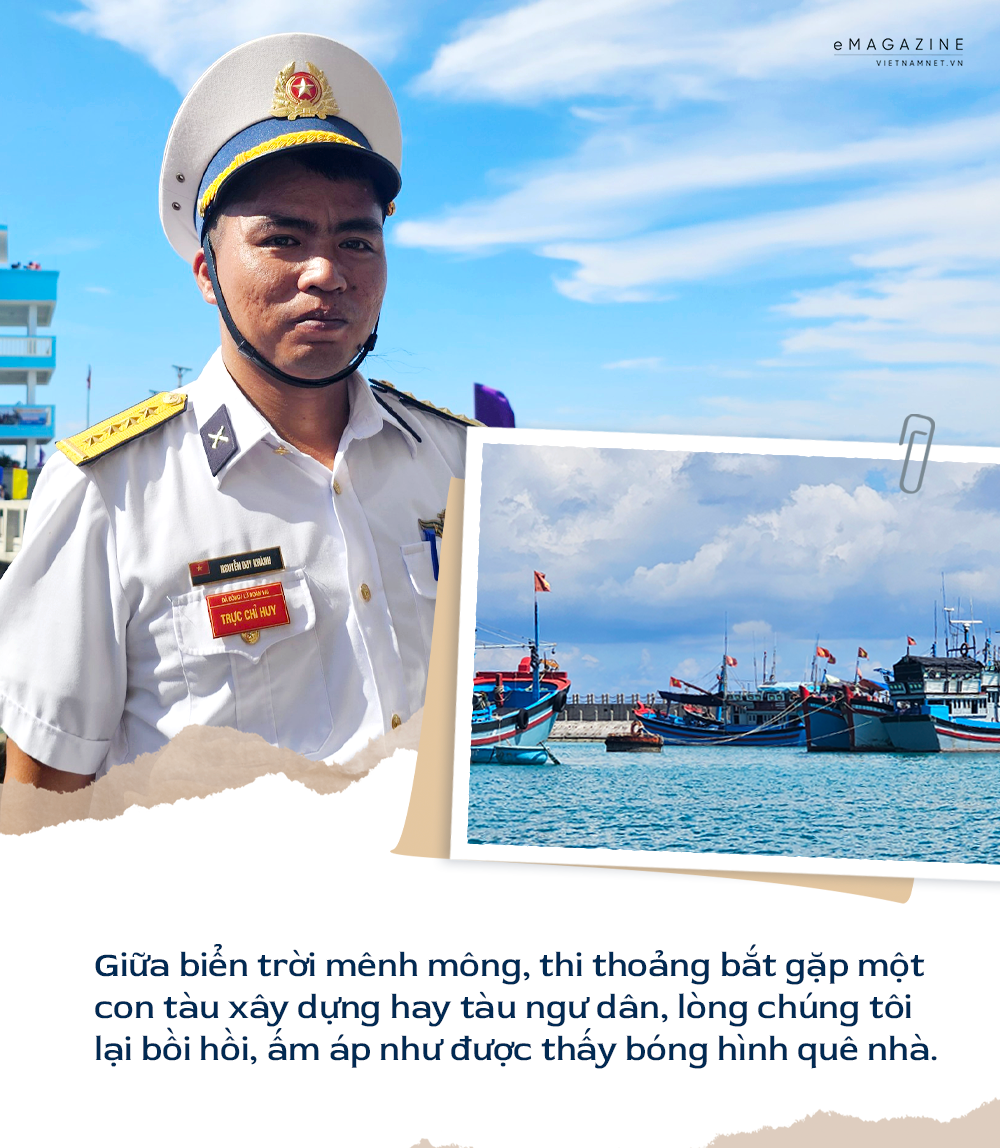
Like the eldest brother in the family, Captain Khanh puts the safety of the soldiers on the island first. At night, on days when the waves are big and the sea is rough, everyone stays in their house, absolutely do not cross the bridge between two houses. On the island submerged in the middle of the ocean, the simple joy of the soldiers is the months after Tet until May. "At that time, the sea seems gentler, the waves are calm, the wind is calm, the boats are bustling out to sea to fish. Occasionally, there are fishing boats stopping by the island, bringing the warm breath of the mainland, dispelling some of the homesickness in the hearts of us island soldiers," Captain Khanh confided. Directly visiting Truong Sa, Deputy Head of the Central Propaganda Department Vu Thanh Mai was moved when witnessing the efforts of the officers and soldiers to overcome difficulties, to hold their guns firmly, and protect the Fatherland. “Soldiers in Truong Sa face many challenges and dangers every day to protect the country's sovereignty over the islands. They have to live far away from their families and friends, face the fierce sea and be ready to deal with any emergency that may arise. Their sacrifice is not only their courage in fighting external challenges but also their sacrifice in building and maintaining the living environment on the island, ensuring security and safety for all,” said Mr. Vu Thanh Mai. According to the Deputy Head of the Central Propaganda Department, images of cadres, party members and soldiers in the border islands, especially in Truong Sa, are always a great source of inspiration for the younger generation. They will learn patriotism, courage, strong will, and willingness to sacrifice for the Fatherland. Source: https://vietnamnet.vn/nhung-nguoi-ve-hinh-hai-to-quoc-o-truong-sa-2302777.html


![[Photo] General Secretary To Lam receives Japanese Ambassador to Vietnam Ito Naoki](https://vstatic.vietnam.vn/vietnam/resource/IMAGE/2025/4/3/3a5d233bc09d4928ac9bfed97674be98)
![[Photo] A brief moment of rest for the rescue force of the Vietnam People's Army](https://vstatic.vietnam.vn/vietnam/resource/IMAGE/2025/4/3/a2c91fa05dc04293a4b64cfd27ed4dbe)
![[Photo] Prime Minister Pham Minh Chinh chairs meeting after US announces reciprocal tariffs](https://vstatic.vietnam.vn/vietnam/resource/IMAGE/2025/4/3/ee90a2786c0a45d7868de039cef4a712)
![[Photo] Capital's youth enthusiastically practice firefighting and water rescue skills](https://vstatic.vietnam.vn/vietnam/resource/IMAGE/2025/4/3/3f8481675271488abc7b9422a9357ada)
![[Photo] Ho Chi Minh City speeds up sidewalk repair work before April 30 holiday](https://vstatic.vietnam.vn/vietnam/resource/IMAGE/2025/4/3/17f78833a36f4ba5a9bae215703da710)
![[Photo] Prime Minister Pham Minh Chinh chairs the first meeting of the Steering Committee on Regional and International Financial Centers](https://vstatic.vietnam.vn/vietnam/resource/IMAGE/2025/4/3/47dc687989d4479d95a1dce4466edd32)






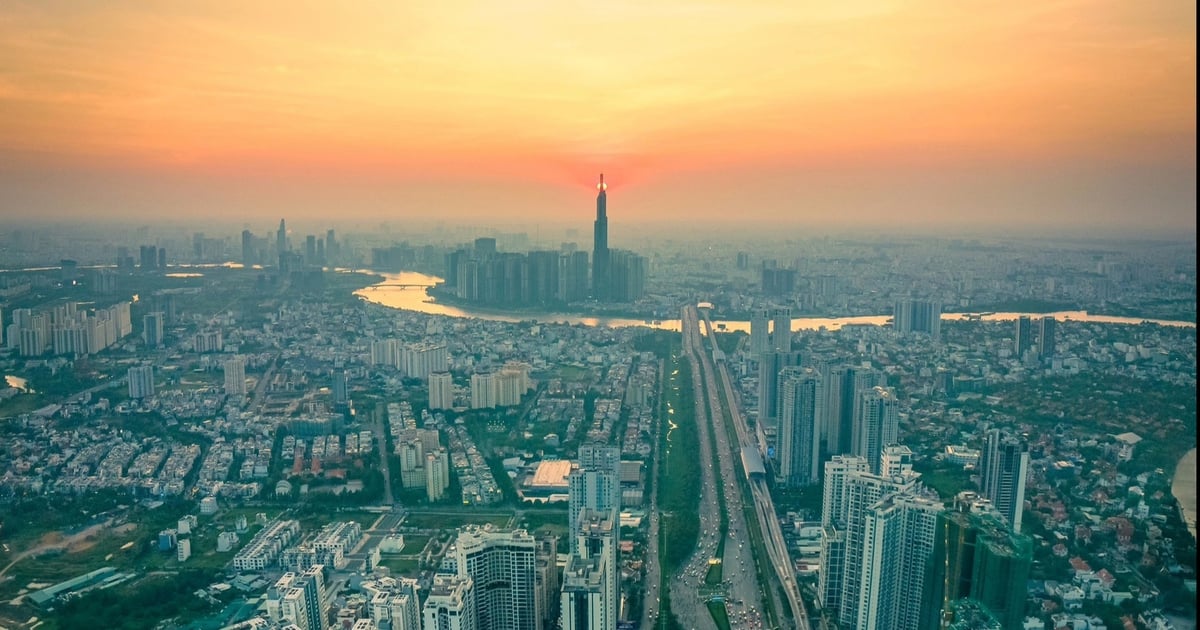

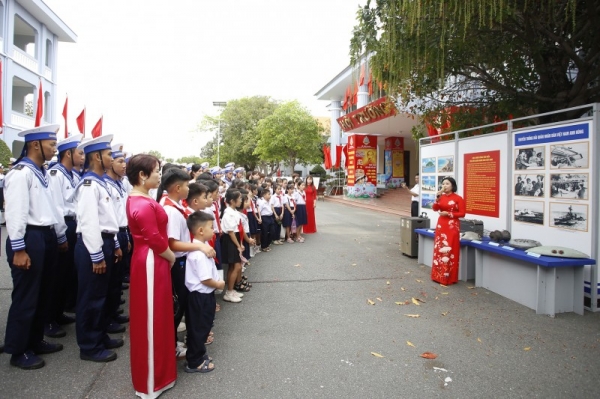

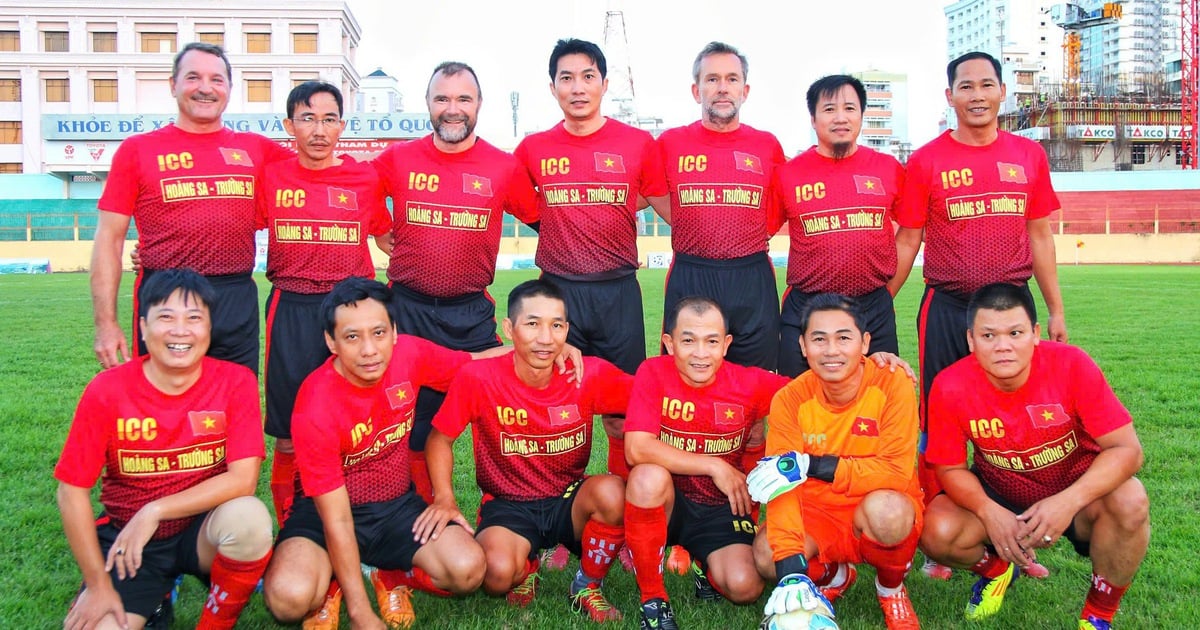
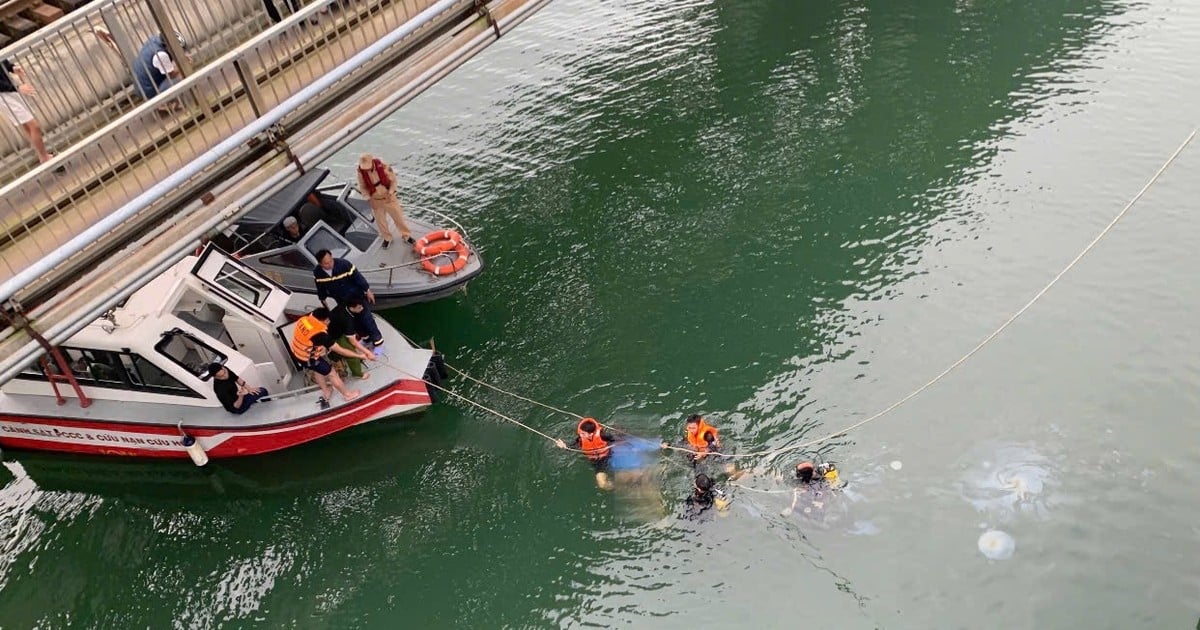

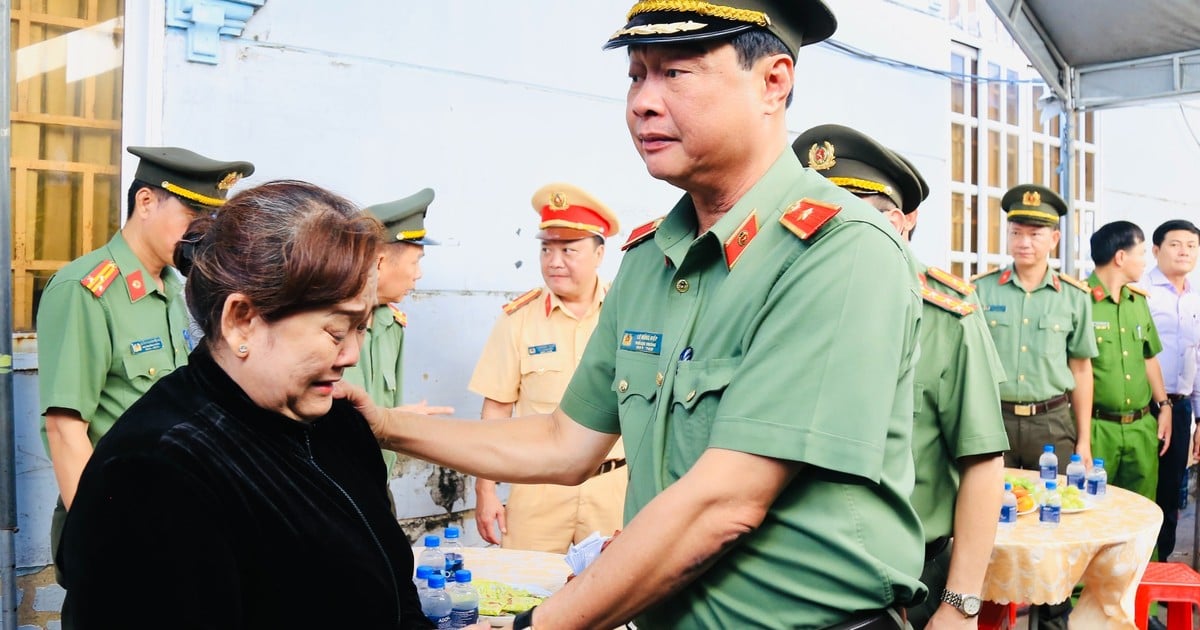

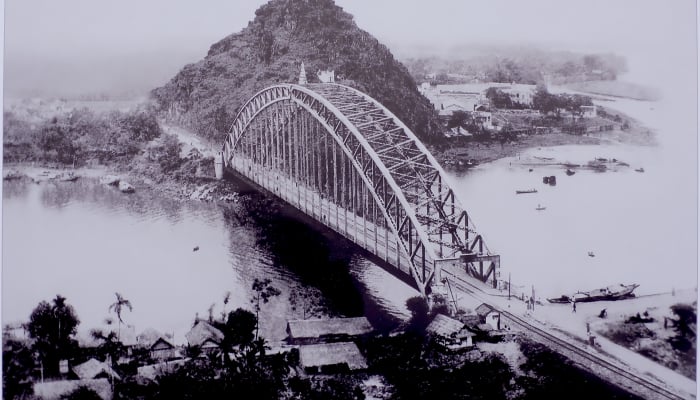








































































Comment (0)